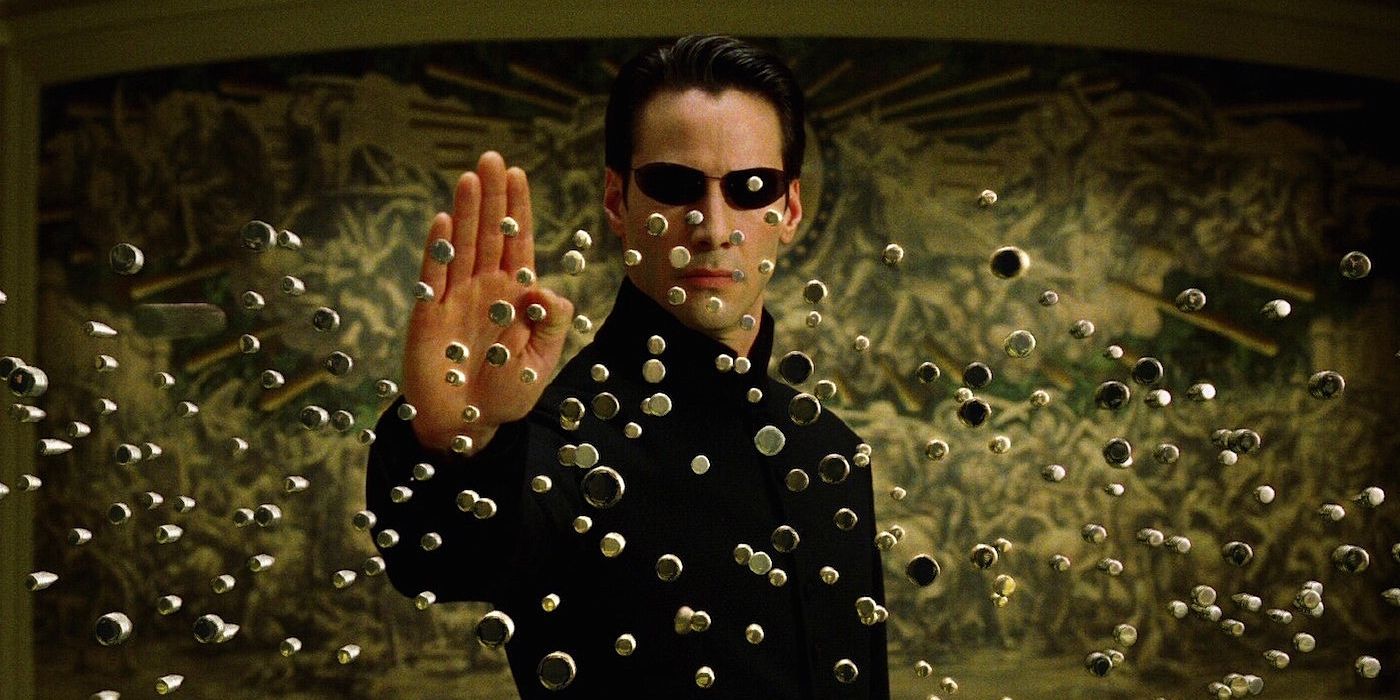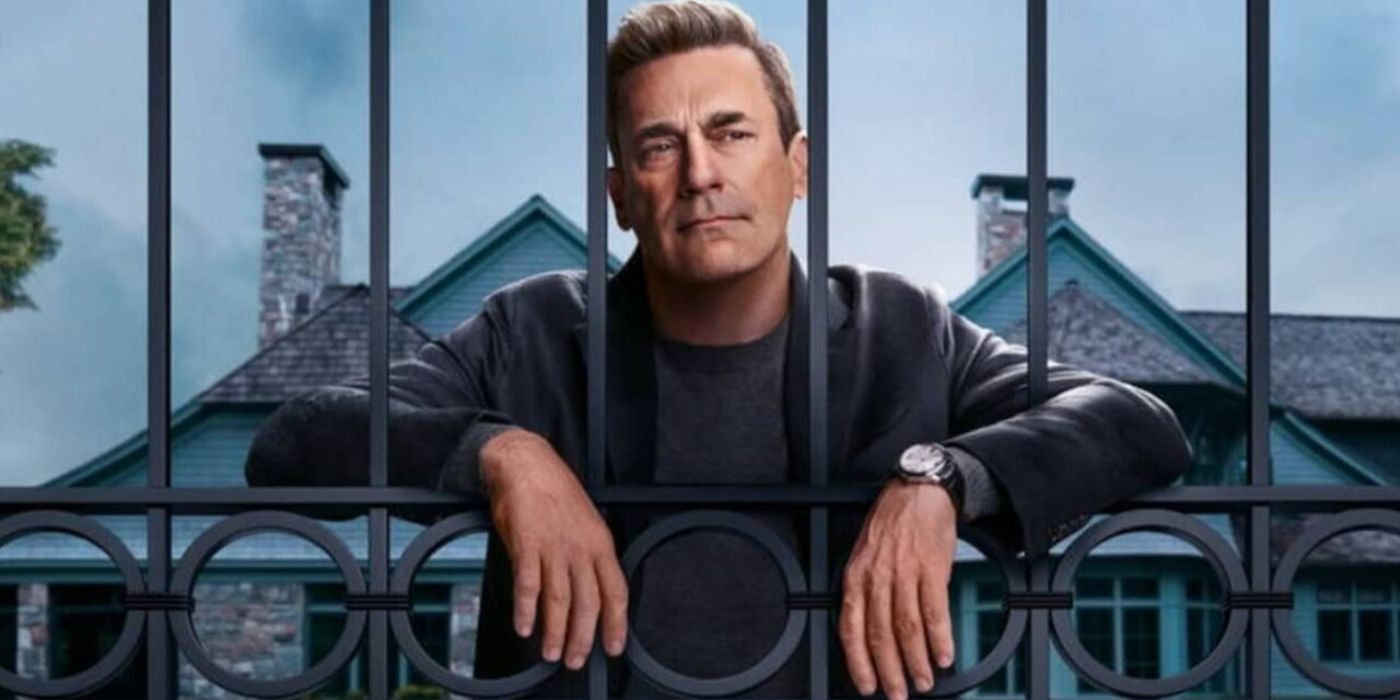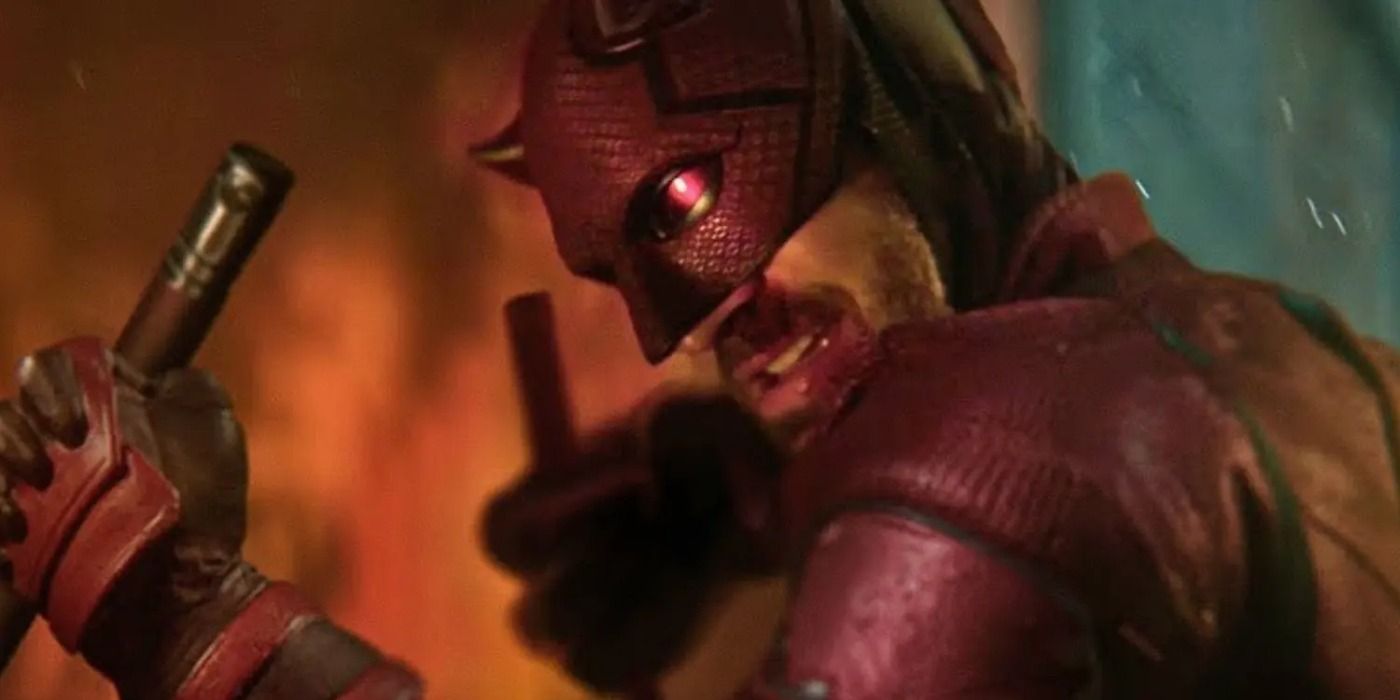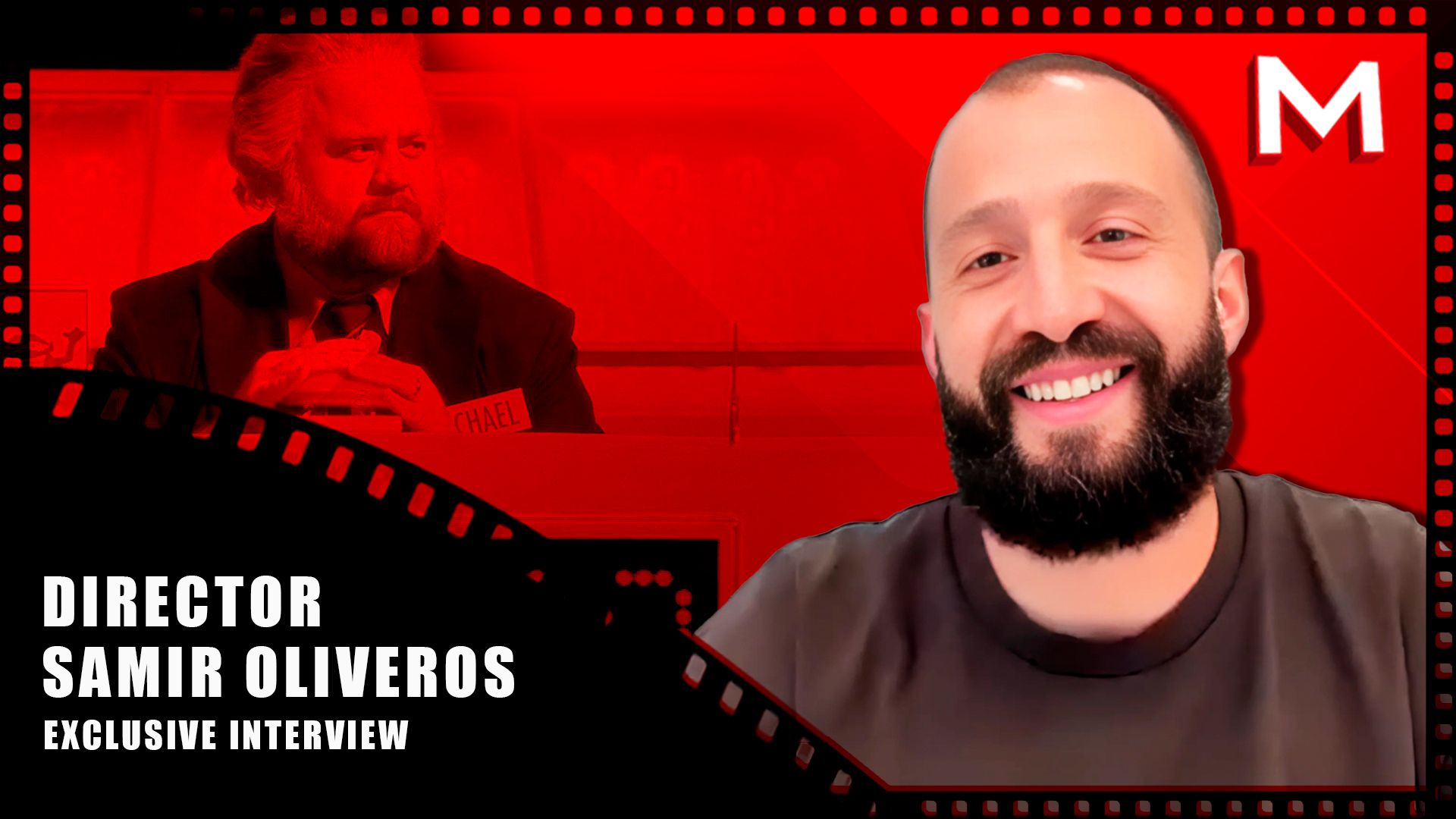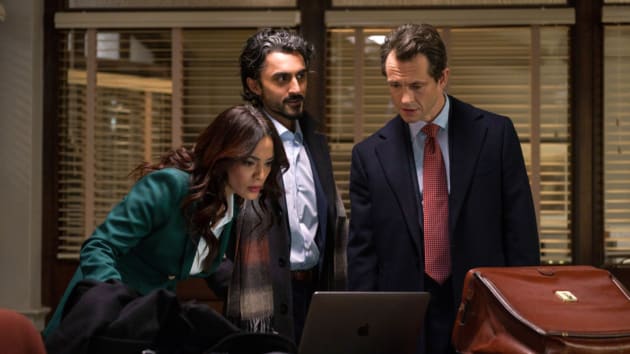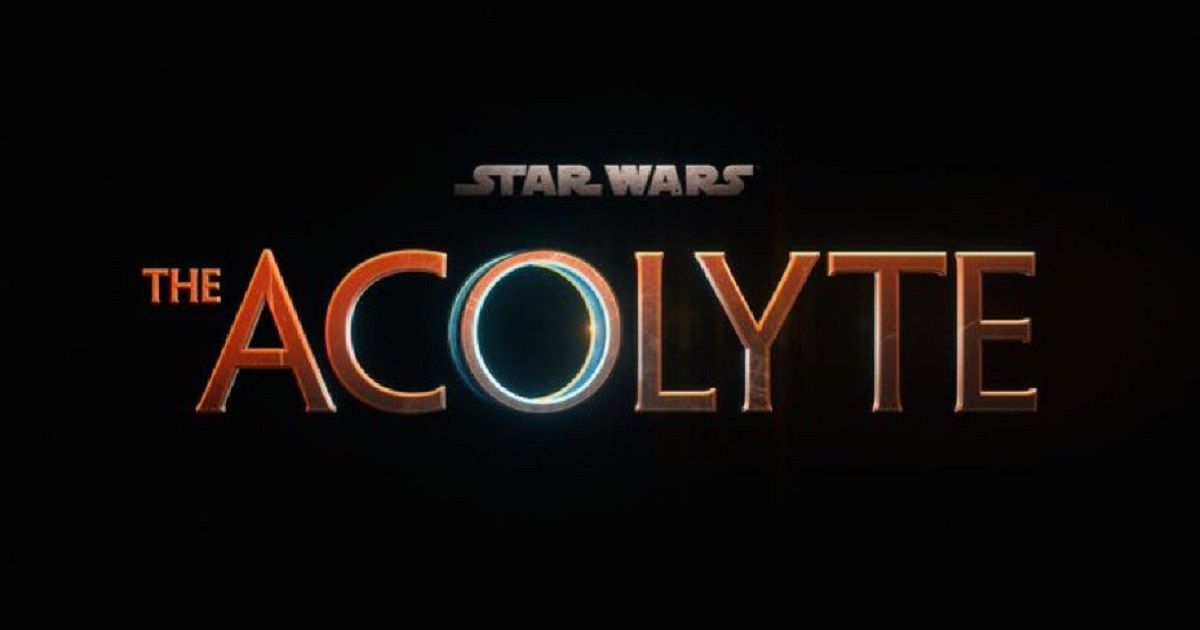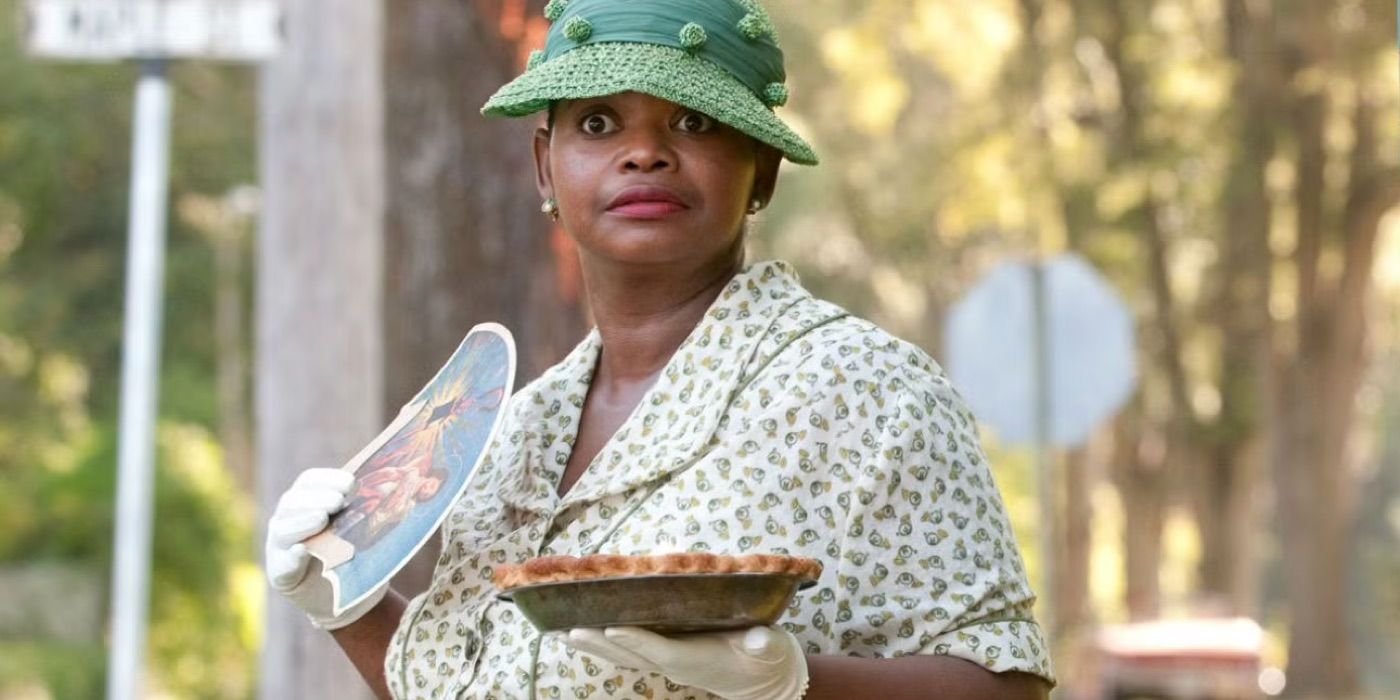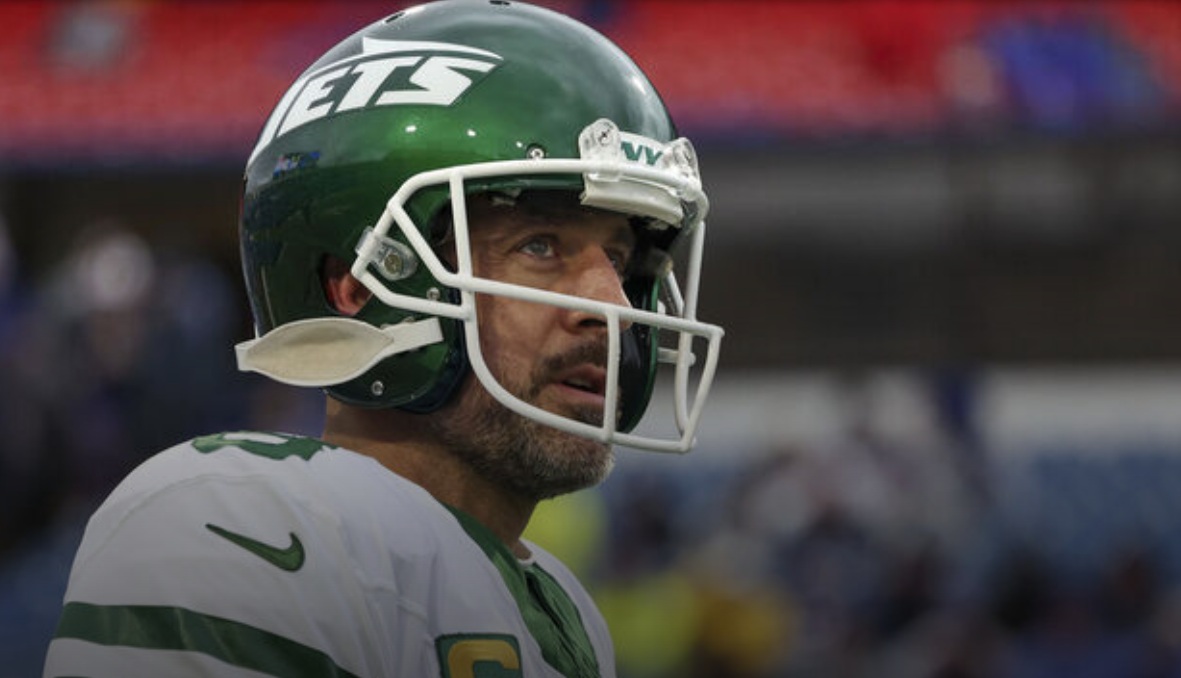It’s rare that viewers still don’t know the truth by the end of an hour of Law & Order.
But Law & Order Season 23 Episode 2 featured an accused murderer who claimed a billionaire went to a ton of trouble to frame him and a last-minute security video that may or may not have been faked, and no clues as to who was telling the truth.
As the credits rolled, Price worried about how he was supposed to do his job when the lines between real and fake were so blurred, leaving viewers to scratch their heads about what the truth was here.
That was the point, of course.
This story bordered on dystopian, featuring AI technology so good that it was impossible to tell whether a video was real or fake. It imposed that confusion on viewers to make its point.
The topic couldn’t be more timely. One of the reasons for the actors’ strike that was just settled was that performers didn’t want AI to be used to create their likeness without their consent or proper compensation.
Plus, only a few days before this episode aired, someone used a deepfake robocaller to imitate Joe Biden’s voice and discourage people in New Hampshire from going to the polls. In some ways, the fearful future depicted in this episode is already here.
Just be careful. The motive is just as likely to hurt as to help. Fear of losing one’s job to AI is pervasive these days. All I’m saying, Nolan, is that it’s going to be easier to sympathize with the man who lost his job than the billionaire who fired hundreds of employees.
McCoy
No, the courts are not yet overrun by random videos that may or may not be accurate, and we don’t have a sentient AI that can teach itself how to do people’s jobs.
But many people fear that could happen and want safeguards to ensure it doesn’t.
McCoy’s stance made me uncomfortable. If a tech expert like Violet couldn’t tell whether that video was real or fake, how were a judge and jury not trained in AI detection supposed to do so?
This is a problem that extends beyond the use of AI.
There have been plenty of cases where people were convicted based on dubious scientific claims, partly because of laws stating that it’s up to the judge whether to allow such evidence rather than requiring such things be vetted for accuracy independently of the court system.
Ironically, one of those things was used in this episode — ballistic tests aren’t nearly as accurate as some tired TV tropes make them out to be.
Ever since McCoy became the head of the DA’s office, he’s been far too focused on winning, and this was no exception.
He assumed that Stafford was guilty and that it was okay to use dubious evidence against him. That’s a bad precedent to set.
Stafford’s claims were ludicrous, yet there was a chance he was telling the truth. It’s possible that James Sawyer did set him up. Sawyer had the money, the know-how, and the access to technology to make it happen.
And at the top of the hour, he blamed the NYPD for Evan’s death, claiming that higher crime rates were the cause of the murder — something which no one addressed other than Dixon saying they needed to close the case to shut him up.
Stafford’s claims could have been the desperate rantings of a man afraid of being convicted. But they also could have been a cry for help from someone powerless to stop an ultra-wealthy CEO from using him as a scapegoat to shut down his resistance to being mistreated on the job.
Ultimately, did it matter?
From the point of view of justice, of course. But regarding McCoy’s decision about this case, his guilt or innocence should have been irrelevant.
If a dubious practice could secure an unfair conviction against an innocent person, it has no business being used against one the DA’s office believes is guilty.
Jack McCoy should know better. Didn’t he used to be passionate about justice, not merely about winning cases?
McCoy also worried that Stafford would be a sympathetic defendant because he was fighting a billionaire who fired a lot of people who lived paycheck-to-paycheck.
Maybe I’m old-fashioned, but that doesn’t justify murder. Even if Evan’s decisions were deplorable, he had the right to hire or fire whoever he chose.
Yes, his decisions made life harder for Stafford and other long-time employees, and they were entitled to feel hurt that their loyalty was not repaid. But killing CEOs of large companies does nothing to address income inequity.
Why not spread the word about VenZip’s unethical hiring practices instead? Or get an investigative journalist to look into the disparity between Evan’s billionaire lifestyle and the struggles of the employees he fired?
Stafford’s claims sounded like excuses, which made him unsympathetic, starting with his insistence that his confession was coerced because he thought the cops would give him illegal drugs if he confessed.
Price: So you’re telling us that your key card was cloned, the murder weapon was planted, and now security video was created out of thin air using advanced technology, all to frame you?
Stafford: Please, you have to believe me.
Price: Why should we believe you when we can see what happened with our own eyes?
The confession was sketchy because it didn’t appear that the cops read him his rights until after he made it. I was confused when they told him he was under arrest for murder at that point — what was it they did when they took him out of his apartment in handcuffs after finding the gun, then?
His lawyer conveniently showed up after he’d already confessed and told him not to talk, then claimed that his confession had been made under duress. That seemed like a spurious argument — why not argue that Stafford’s right to counsel hadn’t been respected?
That would have been a better argument and not made it appear that Stafford and his lawyer were grasping at straws to get out of trouble.
At least Riley stayed calm on the stand, suggesting this new character might be worth investing in.
He gave straightforward evidence as to why Stafford was likely guilty. Stafford’s claims that someone cloned his key card and sneaked into his apartment complex to dump the gun sounded paranoid as hell after that.
Your turn, Law & Order fanatics. What did you think of this AI-inspired case and its ambiguous ending?
Hit the big, blue SHOW COMMENTS button and let us know!
Law & Order airs on NBC on Thursdays at 9/8c. New episodes are available on Peacock the day after airing.
Edit Delete
Jack Ori is a senior staff writer for TV Fanatic. His debut young adult novel, Reinventing Hannah, is available on Amazon. Follow him on X.
You can view the original article HERE.


